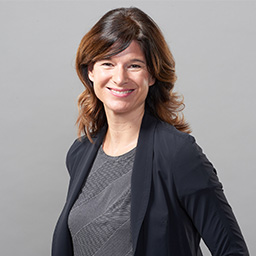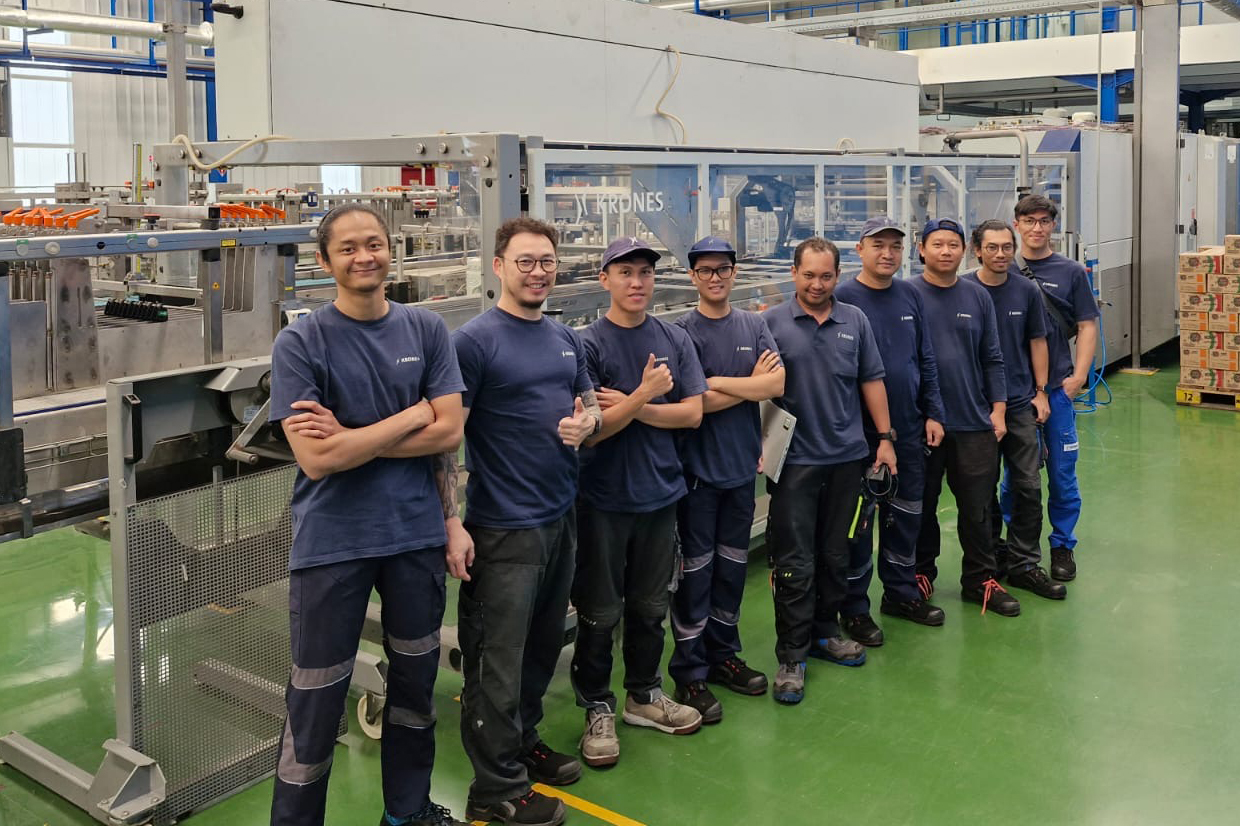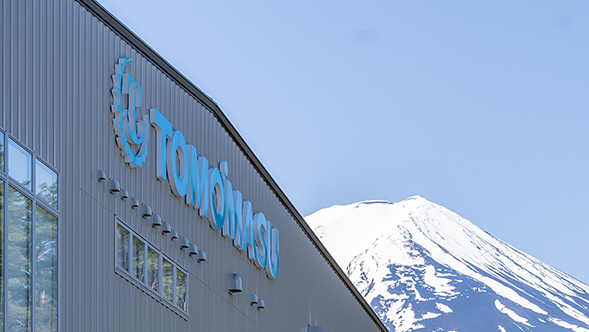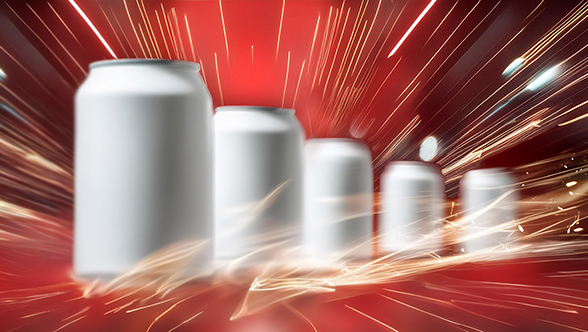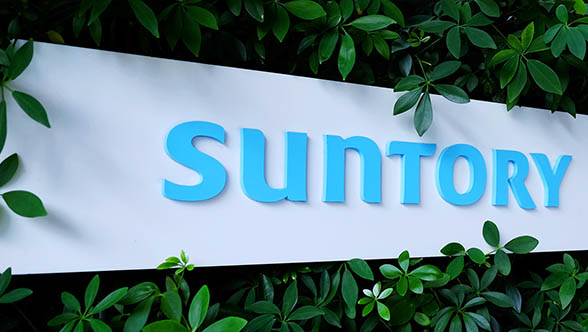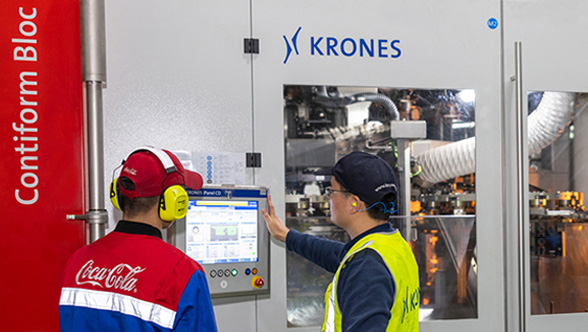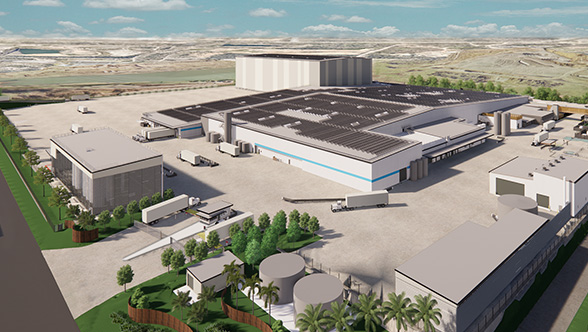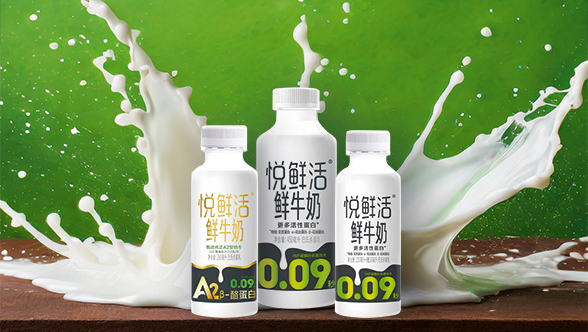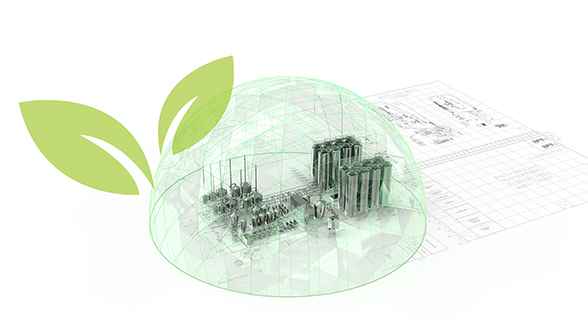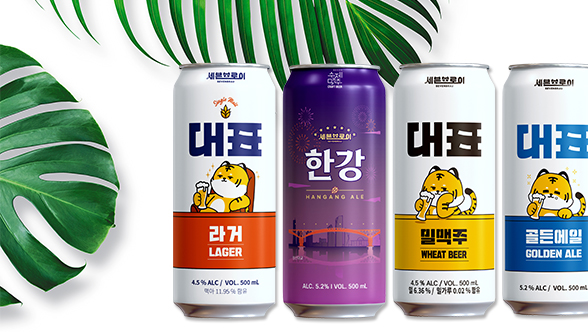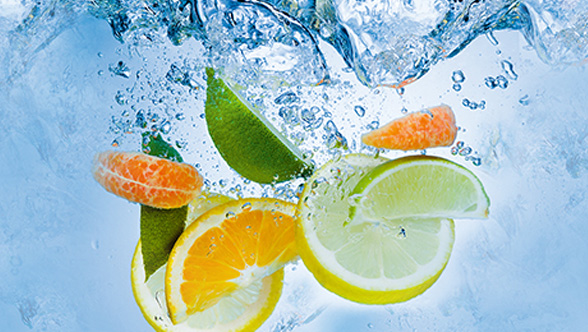Kopiko is a coffee bean from Hawaii. But in many Asian countries, Kopiko is known mainly as a brand of coffee confectioneries. It achieved great fame in 2017 when astronauts on board the International Space Station took photos of Kopiko candies during a Thanksgiving dinner. The sweets are made by the Indonesian food and beverage company PT Mayora Indah Tbk.
It was a first for Krones – relocating a complete aseptic line by ship. The line in question belongs to the Indonesian food and beverage producer Mayora. And since September 2023, it has been filling coffee into PET bottles at Mayora’s facility in East Java – in just the same conditions as it had back in its original location.
From small family-owned company to publicly traded enterprise
Mayora’s history began in 1948 when a family of Chinese immigrants started selling biscuits they had baked in their home kitchen. That evolved into the Mayora company, which was founded in 1977 and opened its first factory in Tangerang near the Indonesian capital Jakarta in the same year. Kopiko, a coffee-flavoured candy, was launched in 1982. In 1990, Mayora was floated on the stock exchange and began expanding its operations to other countries in Asia. Today, the group has a payroll of around 20,000, runs twelve production facilities and is an active player on various Asian markets.
Kopiko’s portfolio includes a ready-to-drink coffee in PET bottles. And this is where Krones enters the scene, because since 2014 this coffee drink is filled on an aseptic line from Neutraubling featuring as its centrepiece a PET-AseptBloc L with blow-moulder.
In 2021, Mayora decided to integrate the production operation into its branch in East Java, with the aim of exploiting synergies on site. Mayora deliberately chose not to buy a new line but rather to relocate the one they already owned. “We had invested in production machines from Krones and wanted to continue using them,” explains Dwion Yunus, Senior Factory Manager.
| Project: | Relocating a complete line |
| Customer: | PT Mayora Indah Tbk |
| Location: | East Java, Indonesien |
| Scope: | Complete line with PET-AseptBloc L for filling 40,000 PET bottles per hour, including: |
Setting sail
It was therefore necessary to dismantle the line at its original location, transport it by sea to Indonesia and install it there. “For Krones, that was the first time a complete aseptic line had to be relocated by ship,” says Rigaz Fitrianto, the project manager in charge at the Krones Centre Indonesia. Controlling, monitoring and documenting the relocation job in all its complex details were among his prime tasks. His roughly-80-strong team was responsible for implementation, supported by a few experts from Neutraubling, including a filling specialist, on-site manager and an electrician.
For Krones, that was the first time a complete aseptic line had to be relocated line by ship. Rigaz FitriantoProject manager at the Krones Centre Indonesia
Krones Centre Indonesia
The 80-strong team working for the Krones Centre Indonesia offers its customers comprehensive sales and service support, ranging from new machines and after-sales service right through to overhauls, retrofits and upgrades.
All machines on board
The first task was to organise transportation. And when it comes to delicate machines, that goes far beyond customs clearance and insurance. The team also had to make sure the machinery was adequately packed and the load appropriately secured. And the job included organising an additional transport by sea from Germany because new material from Neutraubling was likewise needed in Indonesia. “It’s true, the customer wanted us to erect the line in East Java in just the same configuration but at the same time replace old pipes and cables,” says Matthias Fenzl who supported the project as manager for the Asia-Pacific region. In all, 168 packages weighing just under 300 tons were shipped, and another 129 packages with a total weight of 40 tons from Germany.
One of the challenges the team was faced with was the fact that both transports by sea and line dismantling took place during the 2022 Covid crisis, when many restrictions had to be observed. Both people and materials were only allowed to travel to a limited extent, and cooperation on site was subject to stringent safety precautions. “We helped to get everything arranged to get the project going,” says Rigaz Fitrianto.
Everything shipshape
After all machines and materials had been securely transported to and unloaded in Indonesia, the next job was to install the line at its new location. Something that required perfect coordination of various specialist departments, including engineering, electrical and quality assurance. The local driven service team installed the individual components and established all the connections and links required. What is crucially important for an aseptic line is to ensure top hygiene levels: Therefore, they also performed comprehensive cleaning and sterilisation routines, which were supervised by a validation expert from our LCS Centre Krones Thailand. That was followed by testing, precise calibration of the meters, gauges and control systems, plus quality assurance processes, in order to guarantee accurate and reliable production. “It was only thanks to this meticulous process sequence that we were able to make sure the line was fully restored to its previous functionality, ensuring the highest levels of quality,” to quote Rigaz Fitrianto.
A meticulous process sequence enabled us to make sure the line was fully restored to its previous functionality and meets top quality standards. Rigaz FitriantoProject manager at the Krones Centre Indonesia
Full digital speed ahead
Mayora did not wish the line to be retrofitted, updated or expanded by additional units. But the company did want to give it a digital upgrade. And so, our team integrated the SitePilot Line Diagnostics system, an analytical software that logs the quality-, cost- and performance-related data of all machines and summarizes the results in easy-to-read reports. In this way, the operators always have an overview in real-time and are automatically informed about possible causes of error and downtimes. The management team benefits from enhanced levels of transparency, accuracy and comparability, which enable them to perform real-time and long-term analyses. That means the line is ready for any future assignments. Equipped with this digital solution, it has been up and running in East Java since September 2023, bottling Kopiko-brand coffee just as efficiently and reliably as it has done since 2014.
